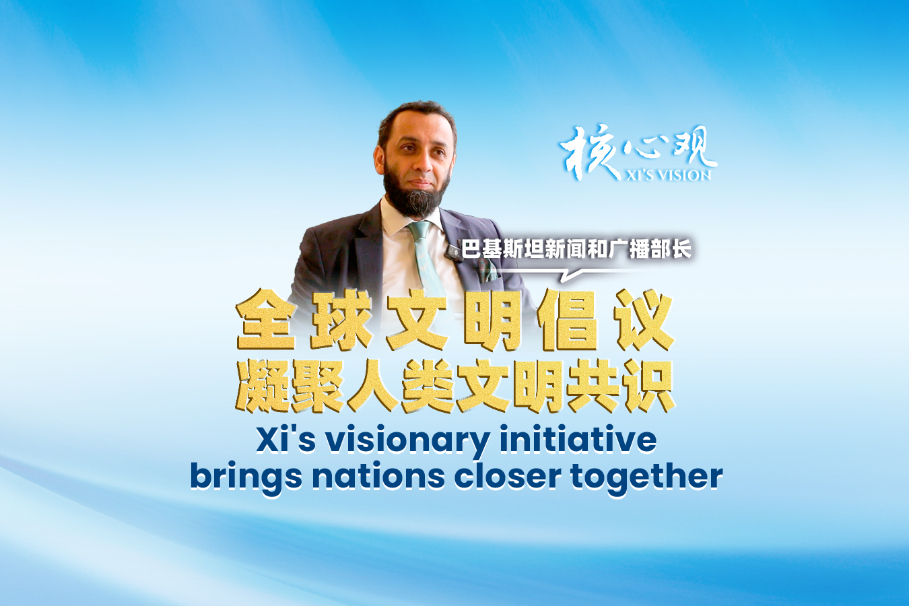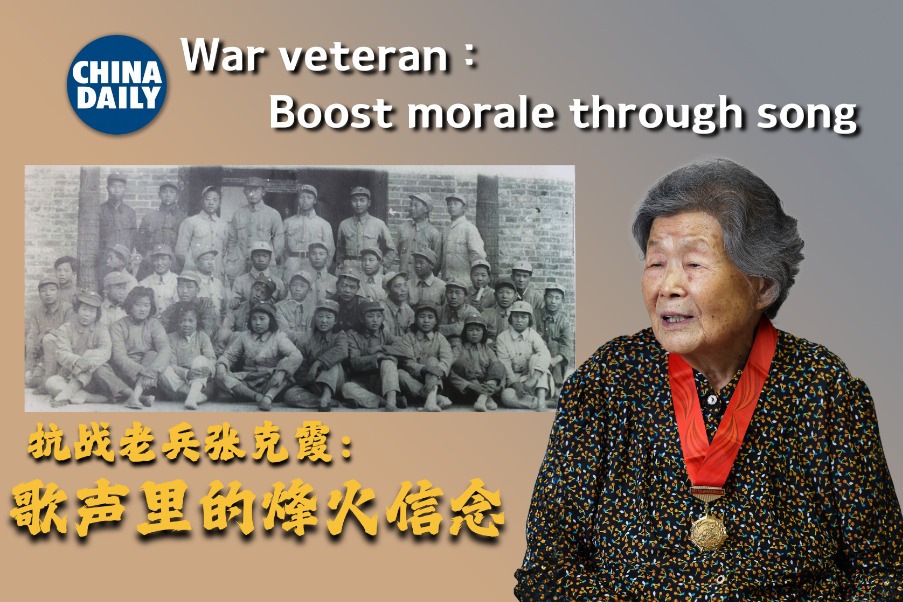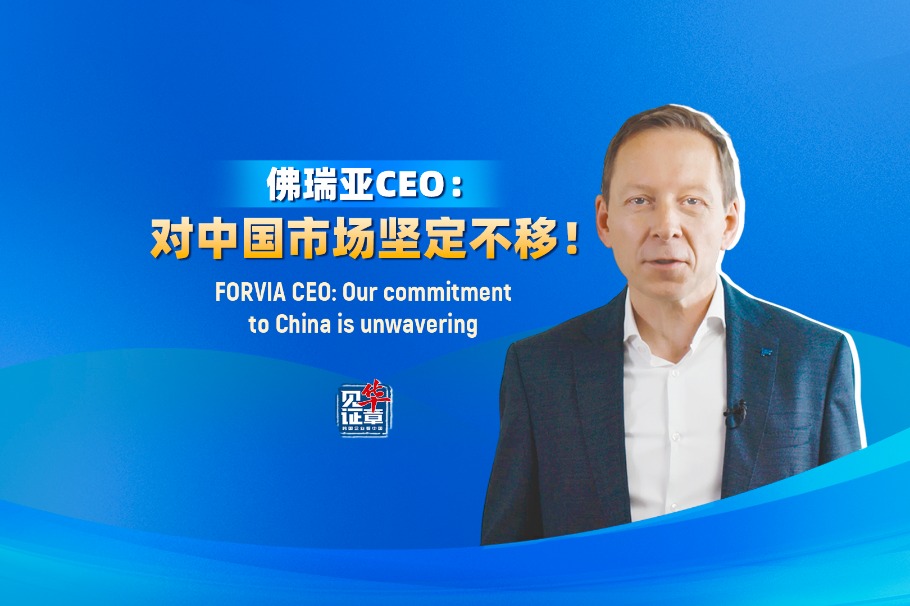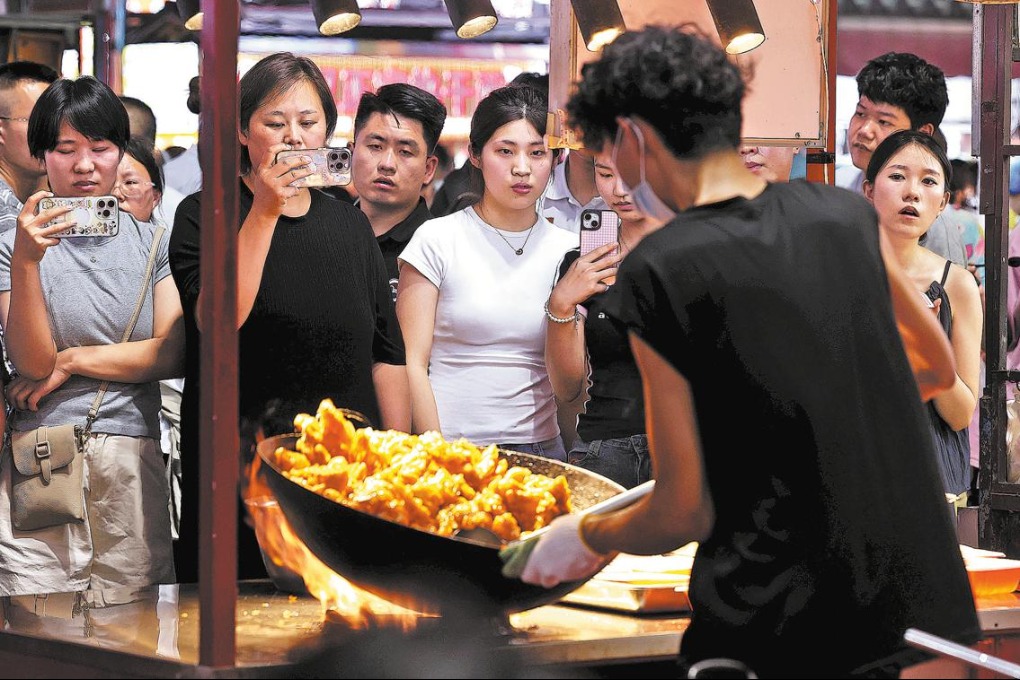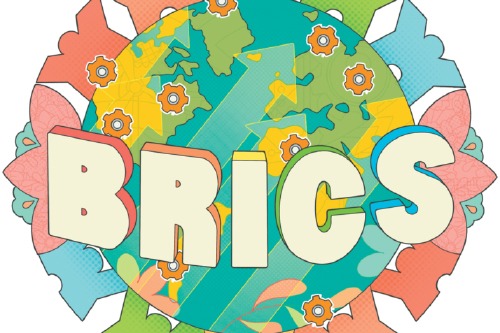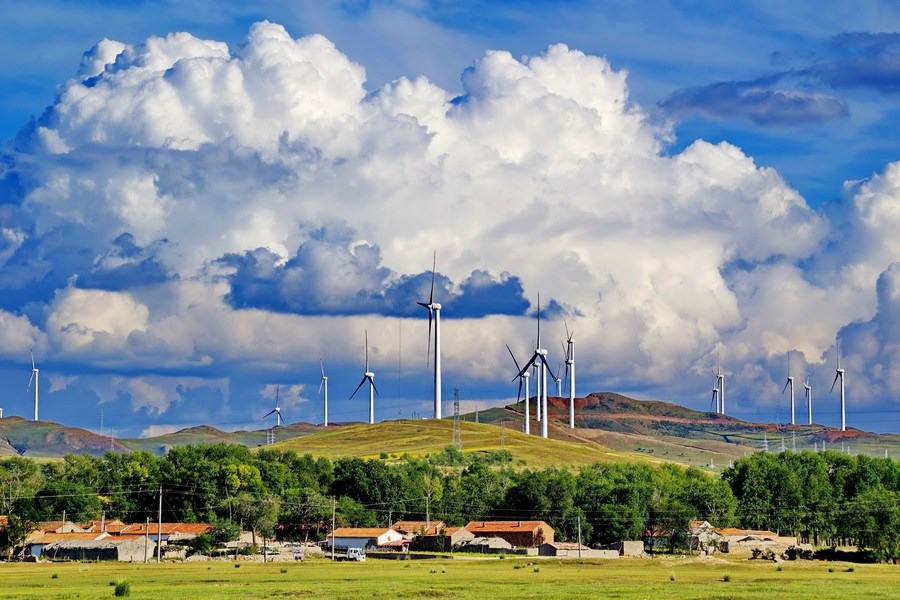People-oriented reform a boon to society

 |
| SHI YU/CHINA DAILY |
He said the people-oriented devolvement philosophy has enabled China to achieve tremendous progress in the past five years: more than 60 million people have been lifted out of poverty, education in relatively undeveloped central and western areas, especially in rural areas, has been improved, employment has remained steady, with the creation of 13 million new job opportunities every year, the coverage of the social security and the healthcare systems has been expanded, and incomes have continued to rise, expanding the middle-income population.
Over the past five years, China has taken a people-oriented approach to economic growth, thereby advancing the philosophy of development, which is a key feature of China's new stage of development.
Thanks to almost four decades of reform and opening-up and the resultant fast economic growth, Chinese people's livelihoods have improved tremendously. But the unprecedented economic growth has also resulted in widening wealth gaps, industrial overcapacity and environmental pollution. Now that the basic needs of most of the Chinese people have been met, it's time to improve the judicial, security, healthcare systems and meet their cultural needs so that they enjoy all-round development.
China also needs to progress from getting rich to getting strong.
Xi has said the purpose of the overall reform is to enable the country to better meet people's growing needs for a better life.
The 2008 global financial crisis made the Western world realize that wealth alone cannot ensure sustainable development. On the contrary, it created bubbles, and when those bubbles burst, it brought the entire world economy to its knees. Worse, driven by the lure of profit, many producers have exploited natural resources gravely damaging the environment.
As a result many people have been pushed to the fringes of society where they feel increasingly alienated.
The financial crisis that originated in the West has consolidated China's belief that it must always follow a people-oriented policy for economic development, as opposed to the blind pursuit of profit that distorts the distribution of resources. Such an approach means people's happiness should be the main goal of development, and all elements, including capital, technologies and systems must be fashioned to serve that aim.
In this regard, socialism with Chinese characteristics gives China a unique advantage. Take medical reform. In the city of Sanming in East China's Fujian province, for instance, the cost of medicines have declined by about half after the introduction of medical reforms while the income of medical staff has increased, setting a good example for the whole country.
In comparison, the medical reform led by former US president Barack Obama was opposed by multiple interest groups that deeply influence US politics, and halted by incumbent US President Donald Trump. Which means the US is still the largest developed country without universal medical insurance.
Since the 18th Party Congress in 2012, the CPC has taken multiple measures, such as those to reduce poverty, improve social security and reduce the income gap, to improve people's lives and livelihoods.
Last year, China's Engel's coefficient, a major indicator of people's living standards, fell by 2.9 percentage points compared with the 2012 figure to reach 30.1 percent, close to the United Nations well-off line.
The average disposable income of Chinese people last year was 23,821 yuan ($3,579), 44.3 percent higher than that in 2012.
Moreover, the urban-rural income gap has shrunk from 2012 to 2016, as the average disposable income of rural residents has grown 1.5 percentage points faster than that of their urban counterparts. And the number of people living in poverty declined from 98.99 million in 2012 to 43.35 million last year, which means about 14 million people were lifted out of poverty every year from 2012 to 2016.
All these show China's reforms over the past five years have been people-oriented and benefited the people.
The author is an associate researcher at the Development Research Center of the State Council.
















